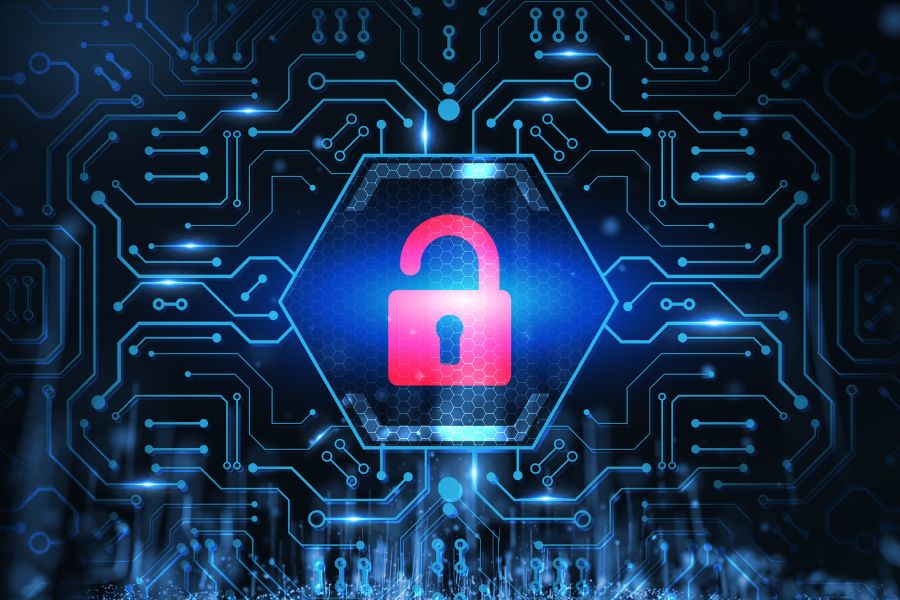What is Sensitive Data & How is it Different to Personal Data?
October 24, 2023, 4 min read
In this day and age of digital technology, the administration and preservation of an individual’s personal information have become of the utmost importance. It doesn’t matter if you’re just looking around the internet, shopping online, or communicating on social media; you’re always giving out personal information. However, not all of an individual’s data is created equal. While many pieces of data and information are considered private, others are not. This article will discuss what it means to have sensitive or personal data, the differences between the two types of data, and whether or not sensitive personal data is kept separate from other types of personal data.
What is Meant by Sensitive or Personal Data?
Any information pertaining to a specific individual who can be identified or located is considered personal data. This information contains names, addresses, phone numbers, and email addresses, among other things. In its most basic form, personal data refers to any information that, either directly or indirectly, can be used to identify a specific individual.
On the other hand, sensitive data is a subset of personal data that is seen as being especially secret and requires an increased level of protection since it has the potential to be misused. The following are examples of sensitive data:
Data such as bank account numbers, credit card information, and a history of financial transactions are examples of what is included in this category of information. If this information is accessed without authorization, it could lead to identity theft or financial crime.
Records of a person’s health include any information regarding that person’s current or past medical conditions and any treatments they have received. It is necessary to keep this data secure to protect the privacy of persons and comply with the legislation that governs healthcare.
Examples of biometric data include fingerprints, retina scans, and facial recognition data. Biometric information can also include iris scans. This information is personal to each person, making it vulnerable to abuse if unauthorized parties access obtain it.
Social Security Numbers: Social Security or comparable identification numbers are considered sensitive information in some nations since they are used for various official functions and can potentially be abused for fraudulent reasons.
Personal Preferences: Although data on a person’s religious beliefs, sexual orientation, or political views are not intrinsically sensitive, such information can be considered sensitive in some contexts due to the possibility of prejudice or damage being perpetrated against the individual.
https://globalcybersecuritynetwork.com/blog/cyber-security-of-genomic-data-2023/
What is the Difference Between Sensitive and Non-sensitive Data?
The possible hazards associated with exposing sensitive data instead of non-sensitive data are the major distinction between the two types of data. As indicated previously, sensitive data has a greater potential for misuse and can result in substantial harm if obtained by those not authorized to have access to it. While it is still personal information, non-sensitive data does not often pose the same threat.
Your name or address, which are examples of non-sensitive personal data, could be used for marketing reasons or the building of an online profile; nevertheless, even if this information were to fall into the wrong hands, it would not constitute an immediate threat to your financial, physical, or emotional well-being.
On the other hand, sensitive data is frequently subject to stringent legal rules, such as the General Data Protection Regulation (GDPR) in the European Union, which demands rigorous security measures to protect it. These requirements are designed to ensure that the data is appropriately safeguarded.
Is Sensitive Personal Data Kept Separate from Other Personal Data?
In most circumstances, organizations and entities that collect and manage personal data, susceptible personal data, are obligated to keep it separate from other personal data they have collected and managed. This distinction is essential for several reasons, including the following:
Security: Sensitive personal data requires additional safeguards, such as encryption, access limits, and stringent authentication procedures. These should all be in place. Keeping it separate reduces the likelihood of being exposed by accident or accessed without authorization.
Compliance: To ensure that an organization complies with various data protection standards, such as the General Data Protection Regulation (GDPR) and the Health Insurance Portability and Accountability Act (HIPAA), it is required that the organization isolate sensitive data and apply specific security measures for it.
Data Minimization: Organisations can better adhere to the idea of minimization when sensitive data is kept in separate locations. They only gather and keep the data that is required for the purpose for which it was intended, which lowers the risk of data breaches.
Control of Data Access: Separation enables businesses to restrict access to sensitive data only to those persons or departments that require it for valid reasons, thereby further strengthening the level of security afforded by the separation.
Conclusion
In conclusion, it is essential in today’s data-driven world to be aware of the differences between sensitive and non-sensitive categories of personal data. Because it could cause problems if it were to become public knowledge, sensitive information must be handled and protected in a certain manner. To preserve their customers’ privacy, businesses must adhere to stringent security measures and frequently keep sensitive personal data isolated from other types of personal data. This helps ensure that they comply with data protection legislation and that people’s information is protected. Due to the potential harm it can cause if it becomes public knowledge, sensitive information must be handled and protected with the utmost care and diligence.




























